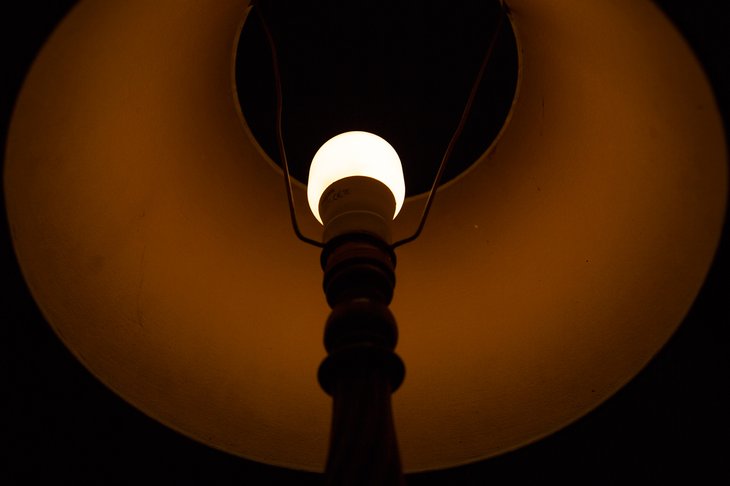Researchers from Porto help create interactive game to reduce household energy costs
Article

Filipa Brito
Researchers from Porto took part in an international project aimed at designing an interactive game that helps users reduce household energy consumption through minor changes in daily routines.
The EnergyCat is a simulation game available on tablet, which allows tenants to learn how to reduce their energy bill. This can be achieved by making small changes in the household, and the consequence is the best of "both worlds", an efficient and comfortable home.
According to researchers from ISEP - the Higher Institute of Engineering of Porto, the user "acts like a cat, whose mission is to make the household as efficient as possible", retaining or enhancing "the level of comfort", as stated by Lusa, quoting ISEP.
The point is to start "building the house of tomorrow" by avoiding bad habits and enhancing energy saving routines.
This interactive game will be linked to the actual energy consumption (smart meter data) of the game user's home and embedded in social media and networking tools. The challenge is to play an enjoyable game and see how you can outrun your neighbours in running a "smarter" energy efficiency household.
"EnergyCat was designed to assess the impact a game can have in changing daily habits", said researcher Luís Miguel Pinho, in-charge of the CISTER team (Centre for Research in Advanced Computing Systems with Real Time Data) from ISEP, a partner in this project.
The EnergyCat is available for free in Portuguese, English, French and Spanish.
The Universitat Politecnica de Catalanuya (Spain) is the leader of this project, and a total of 30 researchers and programmers took part in this challenge, namely from CISTER/ISEP, the University of Plymouth, the DCH Group and EDF Energy (United Kingdom), Fremen Corp (France) and ADVANTIC (Spain).